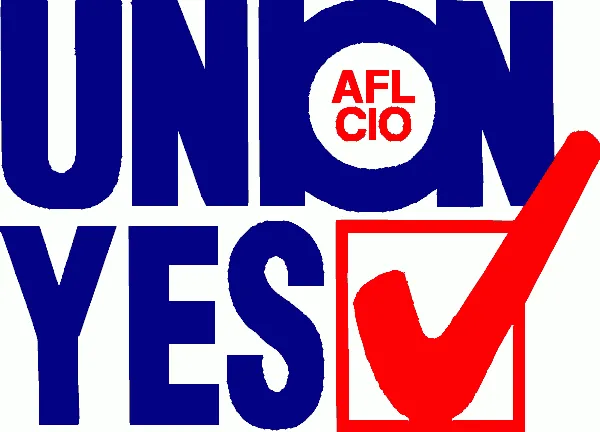Some unions choosing sides in the primaries

By BERRY CRAIG
AFT Local 1360
So far, former Vice President Joe Biden and Sens. Bernie Sanders and Elizabeth Warren are dividing the union endorsements in the presidential primaries.
The National Association of Government Employees, International Association of Bridge, Structural and Ornamental Iron Workers and the International Association of Fire Fighters are backing Biden, according to The New York Times.
The Amalgamated Transit Union is also with Biden, reports The Hill. ATU supported Sanders in 2016.
The Times also says that Sanders has about a dozen labor and union endorsements including from the National Nurses United, United Electrical, Radio and Machine Workers of America, American Postal Workers Union, United Teachers Los Angeles and a joint endorsement with Warren from Local 11.
During his Senate tenure, Biden voted the union position 85 percent of the time, according to the AFL-CIO's Legislative Scorecard. Sanders' most current lifetime score is 98 percent. Warren also rates a 98 lifetime mark
Other Democratic hopefuls still in the running evidently haven't received any major labor nods. But Sen. Amy Klobuchar rates a 98 lifetime mark, Michael Bennett, 90, and Rep. Tulsi Gabbard, 96.
The AFL-CIO and most of its affiliated unions have not endorsed any candidate for president.
Meanwhile, in his State of the Union address, Trump added significantly to his 16,200-plus documented false or misleading claims. But his biggest whopper is his oft-repeated vow that he's in labor's corner.
"When it comes to wowing workers, Donald Trump is an absolute magician," Steven Greenhouse wrote in The American Prospect last August. "Through some mysterious sorcery, he has convinced millions of American workers that he is their true friend, fighting hard for them, even though he and his appointees have taken one anti-worker action after another—dozens of them."
Greenhouse added that think tanks and worker advocates have tallied long lists of Trump's anti-worker and anti-union actions—some of them more than 50 examples long.